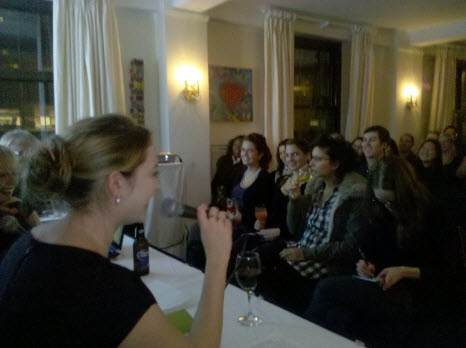Is Facebook killing online advertising?
by Nick FaberThursday, May 26th, 2011
The Facebook “Like” is having a great year. After pushing the “share” function into oblivion, the ubiquitous verb-turned-noun-turned-baby name has become a coveted honor badge for brands. Why? Quick and easy word of mouth. “Like” a post using Facebook’s social plug-in, your friends see it in their news feed, and more free traffic heads to the post. Same with pages, which also give brands easy access to your own stream. Facebook’s Page Discovery browser let’s you see which pages are most liked by your friends, and which brand wouldn’t want to show up there?
So is all of this “Liking” more valuable than advertising? In AdWeek’s coverage of the eG8, Michael Wolff quoted an exchange between Facebook founder Mark Zuckerberg and Publicis head Maurice Levy:
“If you think about advertising, what’s going to be more effective than any advertising you show is something your friend says they like,” says Zuckerberg.
To which Levy, in the business of showing, rushes to say, “I agree that recommendation and endorsement from a friend is sometimes more powerful than the greatest ad.”
Was Levi conceding the point? Probably not. As commenter Mark Rukman points out, word-of-mouth and advertising are old friends:
advertising/marketing/organizations create brands. brands create a short cut for meaning or perception. we hope for meaning, we usually only attain perception. perception in turn influences word of mouth. i don’t see that as long as most rationale c-level decision makers believe in game theory, advertising is going anywhere anytime soon. digital is what the world is becoming, but advertising with every successive new medium, has adapted and grown.
We can’t discount the impact Mark Z’s company has had on the life of brands, but in this case, we tend to agree with Mark R.

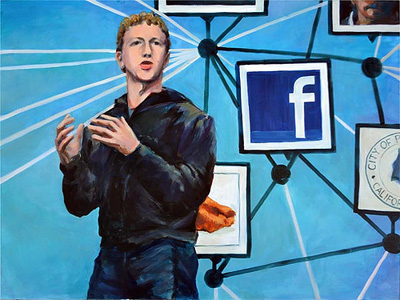
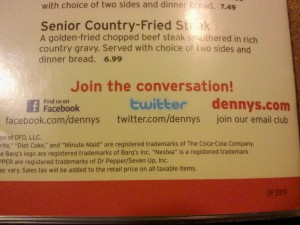
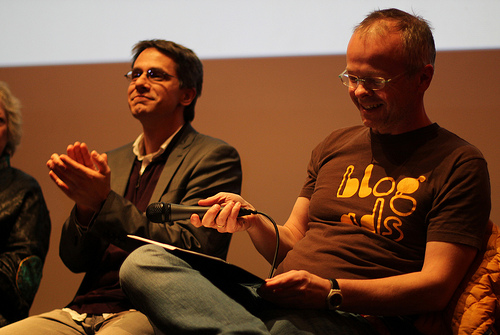
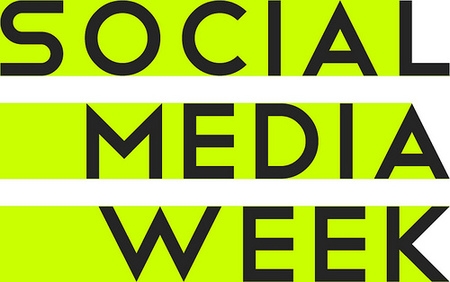 We’re hosting two panels next week during
We’re hosting two panels next week during 